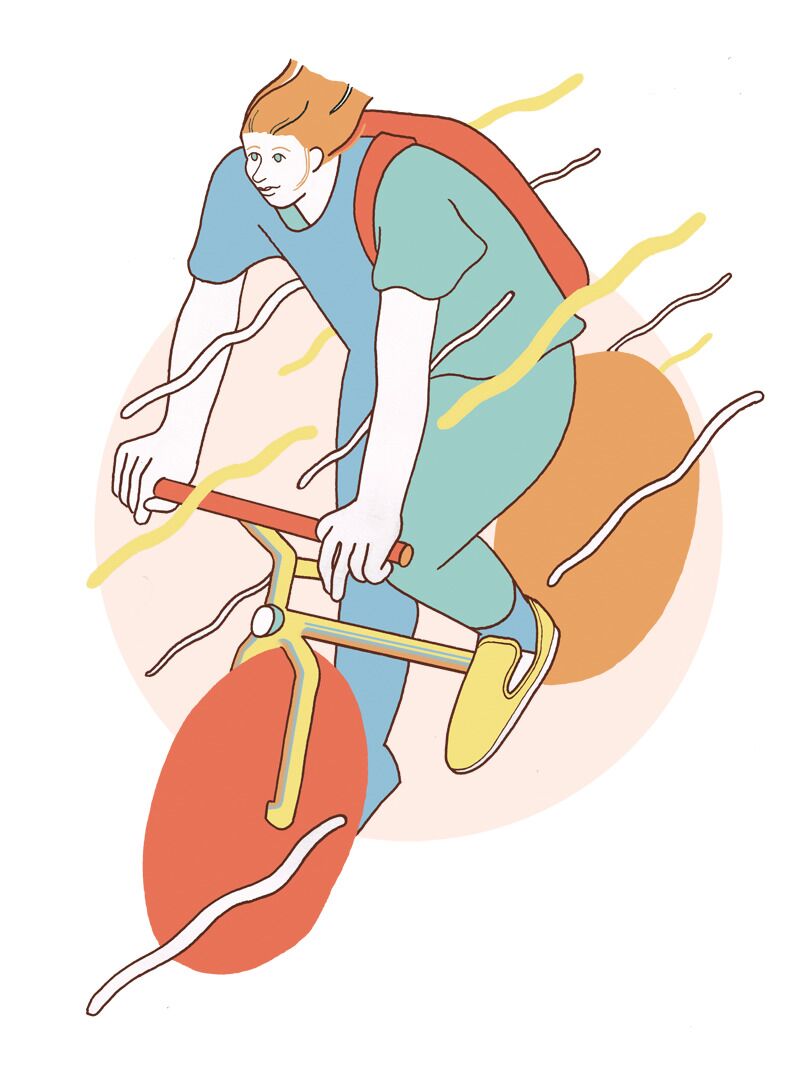It’s a new year at Concordia, which means new teachers, new assignments and quite possibly new struggles. One of those struggles can simply be a lack of self-care. As university students, we’re taught at an early age to follow a certain routine when it comes to our education. Wake up, attend classes, come home, do homework and catch up on readings, sleep and then repeat.
A negative consequence of constantly following this redundant cycle is “burning out.”
According to an article by Global News, more and more psychiatrists are beginning to use this term to refer to patients who suffer from chronic stress. People can experience burnouts when they’re undergoing stressful situations everyday— it eventually builds up and causes various symptoms. These can include physical exhaustion, weight gain, loss of appetite, anxiety, depression, pessimism, detachment, increased forgetfulness, lack of concentration and a drop in productivity. Sound familiar?
There are also other symptoms that aren’t as apparent. According to the same article, burnouts can result in “shrinkage or enlargement, thinning and premature aging” of various areas of the brain.
Although the article strongly focuses on adults with high-stress careers, we at The Concordian believe university students are equally and sometimes more stressed due to school work, internships, jobs, social lives and planning for the future. Therefore, we felt it was imperative to suggest a few way students can take care of themselves this year.
Lifestyle choices and changes can allow students to relax and prevent burnouts. This can be as simple as finding a hobby unrelated to your work or school, anything from biking to reading comic books. The Global News article put a particular emphasis on choosing a hobby that stimulates your brain in a creative way in order to prevent chronic stress.
Having strong, positive connections with people outside of your family is also extremely important. Of course, we all know the struggle of finding time during the semester to have fun. But doing so can stop students from being unproductive and doing poorly in school, according to the same article, which would actually be more beneficial for your grades in the long run.
Unplugging yourself from social media and cellphones can also help. While social media and technology are great tools for everyday life, they can also be pervasive distractions preventing you not only from getting work done, but also from properly relaxing during those study breaks.
Many free apps exist to help you stay off of your devices or distracting websites. Flipd and Freedom Reduce Distractions, to name a few, block your access to certain apps and websites. An article by the Huffington Post also suggests that, before going to bed, phones and other devices should be kept away in order to get a good night’s rest.
As university students, we rarely have time to eat lunch let alone manage a schedule that includes time for breaks. But by taking care of yourself and forcing hobbies and down time back into your life can actually make you more productive and will certainly boost your mental health. Finding time during the day to walk away from your keyboard and textbook, and instead go for a walk or drink a glass of water can mean the difference between a burnout and achieving your goals—and more importantly, enjoying yourself in the process.
Graphics by Alexa Hawksworth
